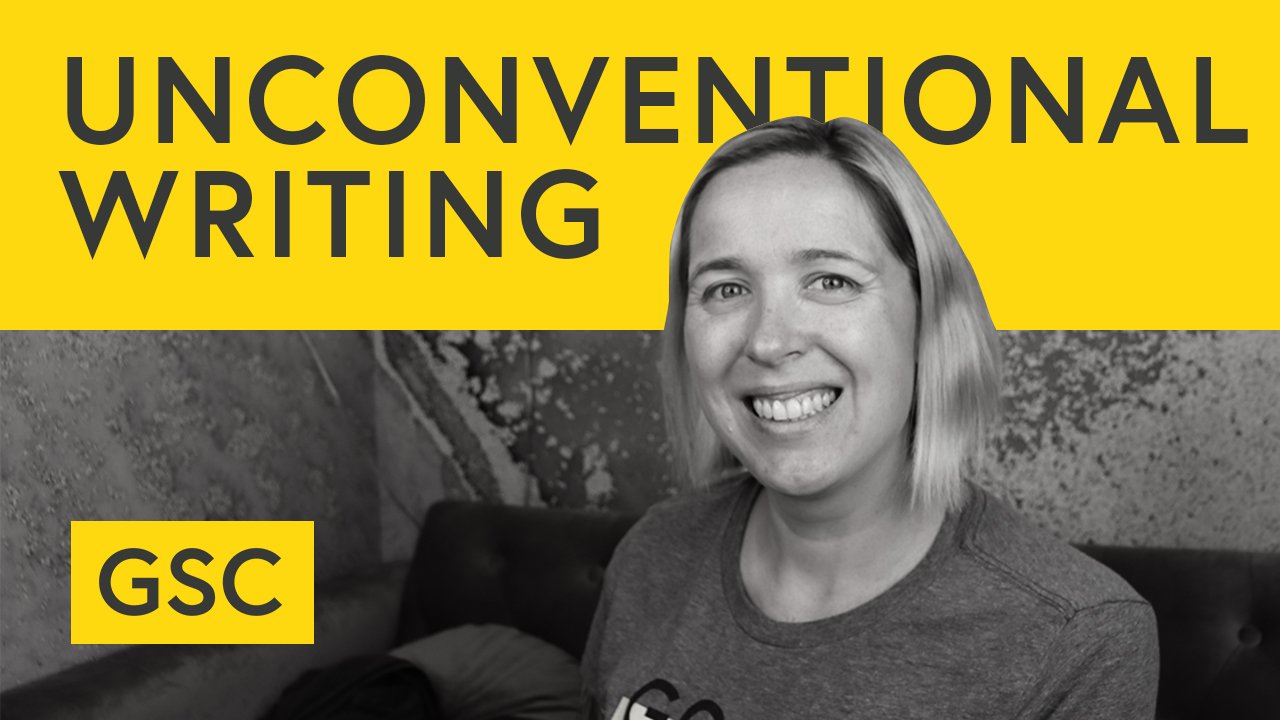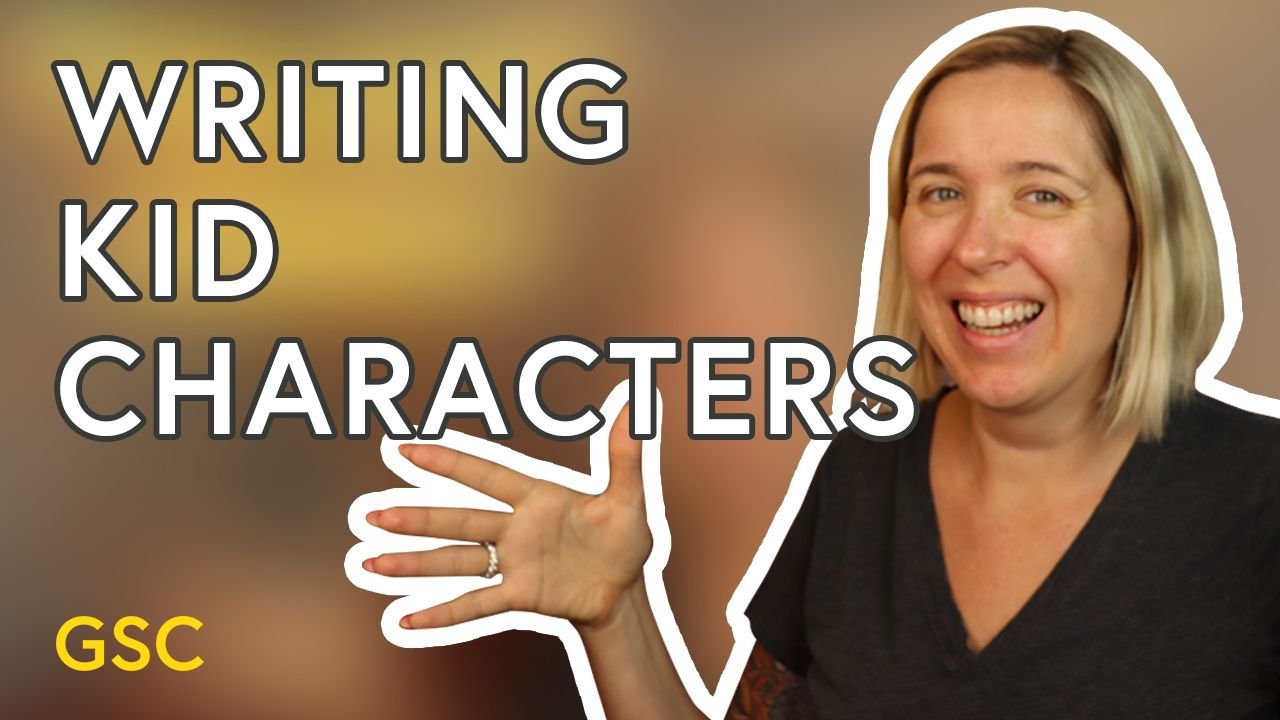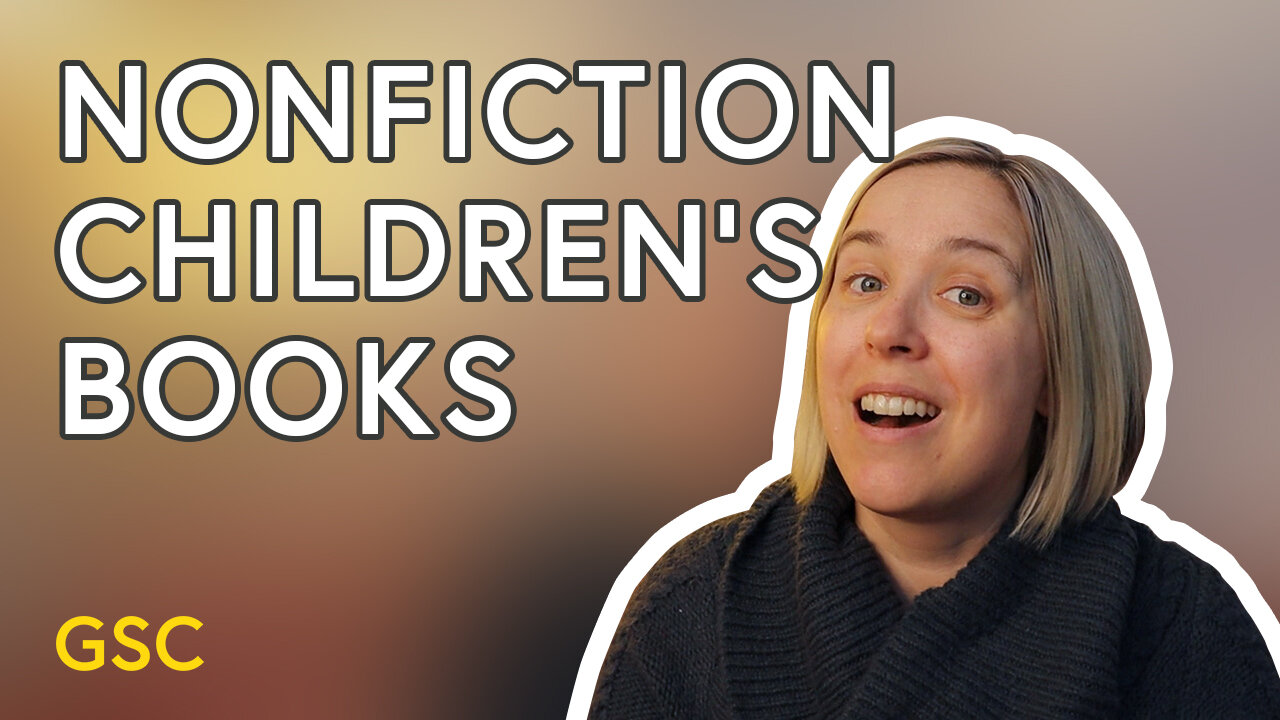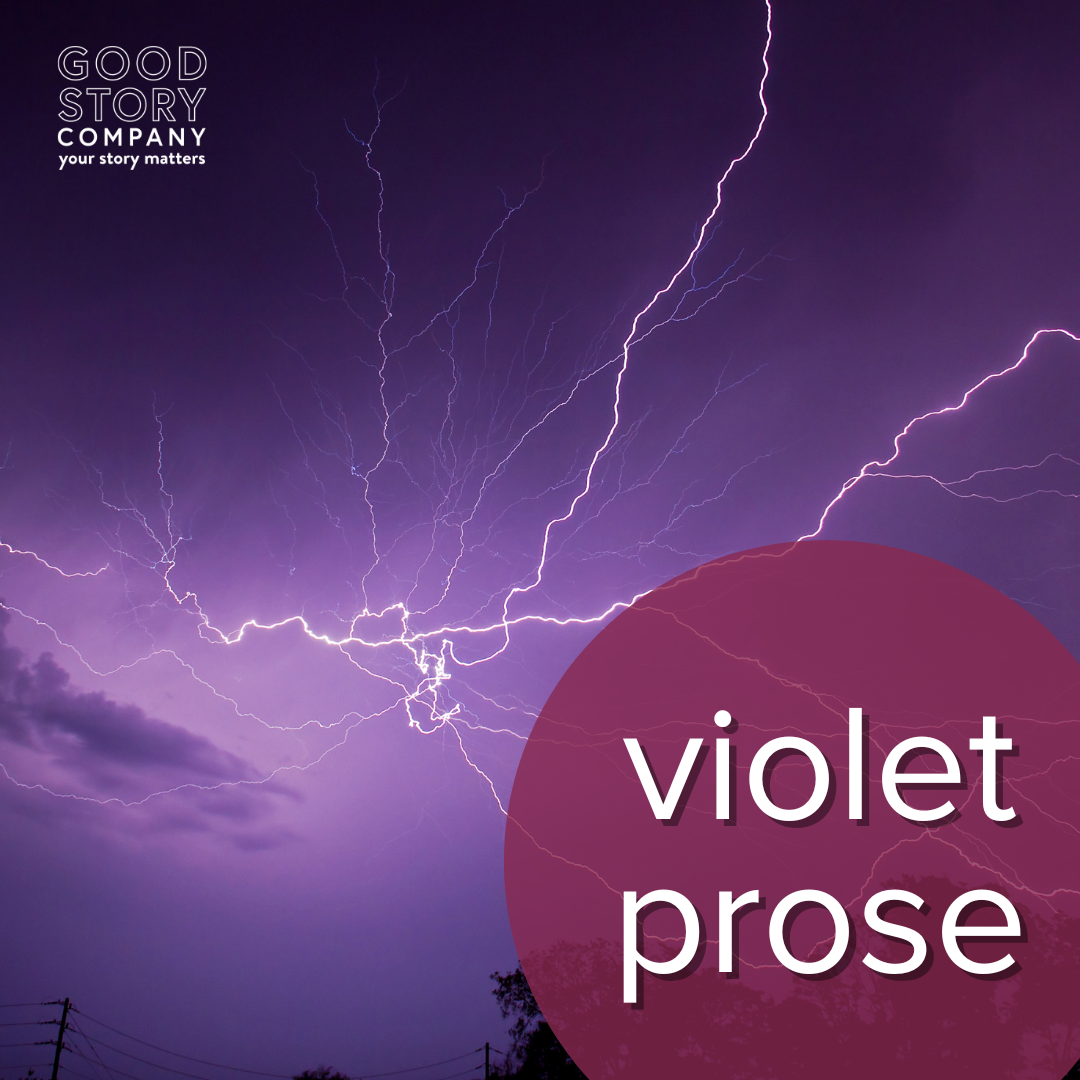

Unconventional Writing
Publishing loves its buckets. In children's books, there are several buckets that you need to fit into, with word count guidelines and all of that. There are buckets and tropes in adult publishing as well. Books that don't lend themselves easily to categorization can be a really difficult sell.

Pacing in Writing
Pacing is the engine that keeps that story going and keeps your reader's interest level high. One of the most important things that I teach when it comes to pacing with writing is the balance of action and the information. Information is dense. It moves slowly. Action is fast. It moves quickly. It has nothing to do with page count, but everything to do with the balance of what's in those pages.

Writing Kid Characters
The number one thing that you have to know about writing a kid character is that they should be relatable to kids. This seems like a very dumb thing to say, but a lot of picture books that I read are written more from the point of view of an adult or for an adult point of view.

Avoid Overwriting
Overwriting happens often in early drafts, as writers try to get the story down and figure they’ll fix things later. Sometimes details draw us in, but often they can distract readers, pushing them to think about unrelated things ... and then to stop reading.

Nonfiction Children’s Books
Find your niche in the nonfiction children’s book market using these timely takeaways.

Novel Openings
Go beyond the landscape when setting the scene with these three essential considerations for starting your novel.

Interrupted Dialogue
If you've been wondering how to format interrupted dialogue in your manuscript, here's a quick answer.

Help! I’m Distracted from Writing.
Getting distracted from writing has always been a challenge for writers. But it’s more acute these days, as lockdowns and quarantines interfere with the habits we once built. Here are the top four ways we tend to get distracted from writing, with troubleshooting solutions for each.

Write What You Know
Here's a video follow-up to our blog post on the old writing adage "write what you know." A closer look at what this expression really means and how you can make it work in your writing.

Writing Secondary Characters
Even though narratives tend to focus on the life of one character – sometimes a few in multiple POV – the people in that character’s life are equally important. Giving them personalities, sometimes backstories and arcs of their own, are what make the narrative as a whole more realistic.

Descriptive Writing Tips
These descriptive writing tips will help you create impactful imagery that supports your story.

Violet Prose in Writing
Violet prose—an ominous and sometimes confusing term. What is it, and how do we avoid it in our writing? Or … is it really that bad?

Trust Your Reader
Among popular bits of advice—create empathetic characters, avoid rhetorical questions, try starting with an outline—“trust your reader” is often overlooked. Here’s how to trust your reader to understand what you’re trying to show.

Rethinking Writing Productivity
Writing productivity is especially relevant this time of year, when we’re thinking about how to squeeze the very most out of our days. For many writers, the festive season is when we’re juggling day jobs, family, holiday preparations, and—oh, yeah—writing.

Passive Character
It's hard for readers to engage with a passive character, especially in the protagonist role. Here's why.

Low Writing Confidence and Ways to Shift Your Mindset
Struggling with writing confidence? You’re not alone. Lots of writers, including myself, experience self-doubt. Let’s look at some factors that may impact your writing confidence, and some suggested mindset shifts to help you work around the self-doubt.

Character Description in First Person
Character description in first person narration is tricky. We usually don't talk about ourselves in terms of our physical attributes. But readers appreciate having something to imagine when they're reading your story--so how do you make it sound natural?

How to Finish Writing a Novel
Ideas are easy; finishing a manuscript is hard. But if you have the right tools and the right mindset, crossing that finish line becomes much more doable. Here are some tips and tricks that I learned as I finished my first manuscript.

How to Write Feelings
If you're wondering how to write feelings in your fictional characters in a way that inspires readers to relate, check out this video.

What Makes a Character Interesting?
Characters are the most critical element for authors to get right in a novel. If the characters are interesting enough, readers will go on the most absurd journey or visit terrifying worlds with them. But if the protagonist is a snooze, they’ll most likely put the book down and reach for a better companion for the evening.
